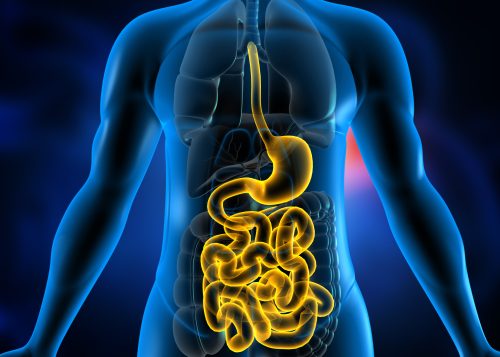Correctional Nursing Basics:
The Digestive System
The Digestive System is a complex physiological system responsible for the ingestion, digestion, absorption, and elimination of food and waste products. It consists of a series of organs, including the mouth, esophagus, stomach, small intestine, large intestine, liver, gallbladder, and pancreas, each with unique functions that contribute to the overall process of digestion and nutrient absorption.
The process of digestion begins in the mouth, where food is broken down into smaller particles by chewing and mixed with saliva containing enzymes that initiate the digestion of carbohydrates. From the mouth, the partially digested food travels down the esophagus to the stomach, where it is further broken down by gastric acid and enzymes. The stomach also serves as a reservoir for food storage and regulates the rate of emptying into the small intestine.
In this class, we will discuss the anatomy and physiology of the Digestive System, and will include digestive disorders commonly seen in correctional patients. We will also discuss nursing interventions for the patient with a digestive disorder.
